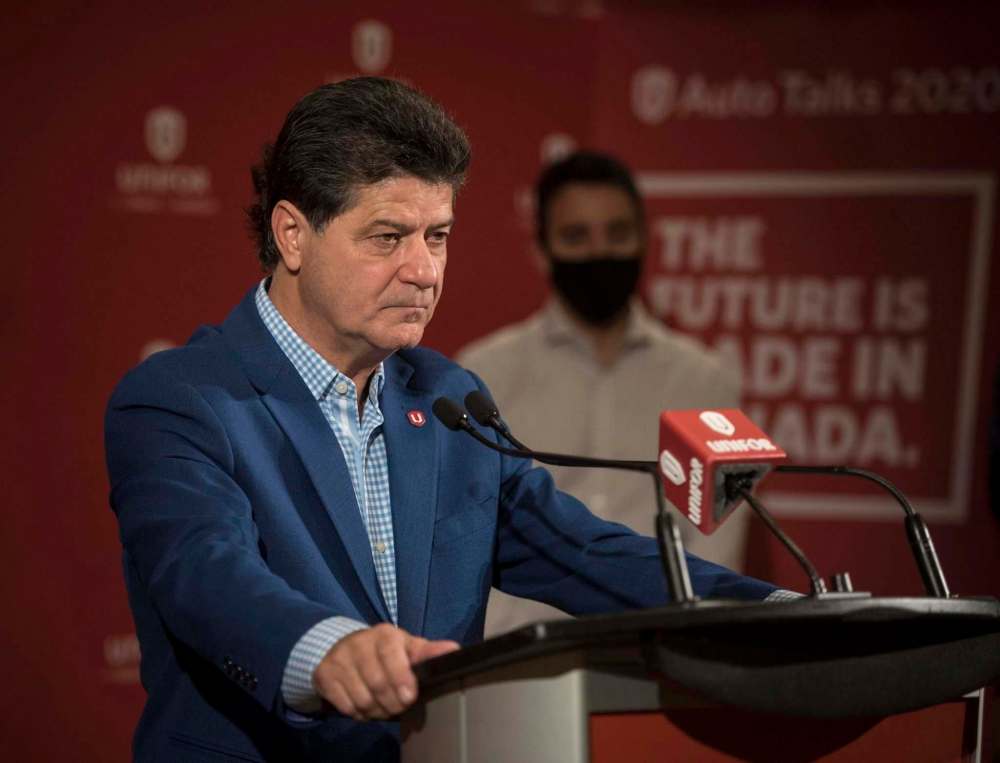Where dollars appear, opportunists soon follow
Read this article for free:
or
Already have an account? Log in here »
To continue reading, please subscribe:
Monthly Digital Subscription
$0 for the first 4 weeks*
- Enjoy unlimited reading on winnipegfreepress.com
- Read the E-Edition, our digital replica newspaper
- Access News Break, our award-winning app
- Play interactive puzzles
*No charge for 4 weeks then price increases to the regular rate of $19.00 plus GST every four weeks. Offer available to new and qualified returning subscribers only. Cancel any time.
Monthly Digital Subscription
$4.75/week*
- Enjoy unlimited reading on winnipegfreepress.com
- Read the E-Edition, our digital replica newspaper
- Access News Break, our award-winning app
- Play interactive puzzles
*Billed as $19 plus GST every four weeks. Cancel any time.
To continue reading, please subscribe:
Add Free Press access to your Brandon Sun subscription for only an additional
$1 for the first 4 weeks*
*Your next subscription payment will increase by $1.00 and you will be charged $16.99 plus GST for four weeks. After four weeks, your payment will increase to $23.99 plus GST every four weeks.
Read unlimited articles for free today:
or
Already have an account? Log in here »
Hey there, time traveller!
This article was published 13/05/2021 (1677 days ago), so information in it may no longer be current.
Haste, as the time-worn axiom warns us, makes waste.
The enduring relevance of that old proverb was fully on display last week in an in-depth Globe and Mail assessment of corporate uptake of the federal government’s pandemic-relief programs, which were enacted with extreme swiftness in response to the extraordinary and precipitous economic impacts of COVID-19-related restrictions and shutdowns.
The haste was necessary. The waste — totalling in the billions of dollars, according to the Globe analysts’ reckoning — was inevitable in the context of the federal government’s effort to provide timely relief to businesses laid low by the pandemic’s sudden and devastating consequences.
Of particular concern is the Canada Emergency Wage Subsidy (CEWS) program, which was launched with the intention of helping struggling companies keep employees on the payroll during the pandemic-induced economic downturn. In an effort to mitigate the threat of mass layoffs across the country, the federal government paid out hundreds of millions of taxpayer dollars to companies that met the program’s assembled-on-the-fly eligibility criteria.
But it also allowed many of the country’s largest corporations– including conglomerates that suffered only minor and temporary economic damage — to cash in, in a way that buttressed bottom lines, enhanced shareholder payouts and apparently added richly to top executives’ compensation and bonuses.
The well-intended effort — which allows eligible companies to receive a 75 per cent subsidy for payroll costs if they can demonstrate having experienced a 30 per cent drop in revenue — undoubtedly saved thousands of small Canadian enterprises from insolvency and, in the process, kept millions of workers off the unemployment rolls.
But it also allowed many of the country’s largest corporations — including conglomerates that suffered only minor and temporary economic damage — to cash in, in a way that buttressed bottom lines, enhanced shareholder payouts and apparently added richly to top executives’ compensation and bonuses.
Examples cited in the Globe report include the Montreal-based trucking firm TFI International, which collected nearly $75 million in CEWS support and went on to post a double-digit increase in net profit while completing 13 corporate acquisitions, and media giants Corus Entertainment and BCE, which together received more than $160 million in CEWS support spread over more than 130 wholly owned subsidiaries.
These companies, along with many other large corporations that accessed federal-government support, technically did not do anything wrong; the hurriedly hatched CEWS program’s eligibility criteria were met and the money flowed.
At the same time, executives’ pay packets bulged despite earlier public-relations declarations that they were “all in this together” with the rest of the wage-earning population. In many cases, top corporate bosses pledged to take pay cuts in solidarity with rank-and-file employees, and then were handsomely rewarded with bonus payouts that far exceeded the token-gesture reductions in base salary.
At the same time, executives’ pay packets bulged despite earlier public-relations declarations that they were “all in this together” with the rest of the wage-earning population. In many cases, top corporate bosses pledged to take pay cuts in solidarity with rank-and-file employees, and then were handsomely rewarded with bonus payouts that far exceeded the token-gesture reductions in base salary.

“It’s just greedy,” labour leader Jerry Dias, the president of Unifor, told the Toronto Star. “They make so much more than the average employee to begin with — why do they need more?”
While the urgency of steering Canada’s economy through uncertain pandemic waters clearly prompted government to favour another old proverb — “He who hesitates is lost” — there’s no question that haste and waste share a direct causal relation when it comes to excessive support payouts during the pandemic.
Armed with the certain knowledge that the pandemic’s strain on the economy will continue for some time, it’s incumbent on government to amend the eligibility criteria in a way that ensures relief dollars are directed to companies that actually need them, and not those whose methodically avaricious exploitation betrays the spirit of the programs.
It’s sad but true that whenever government money is carried into plain view, opportunists and advantage-takers are sure to be only a few steps behind.







